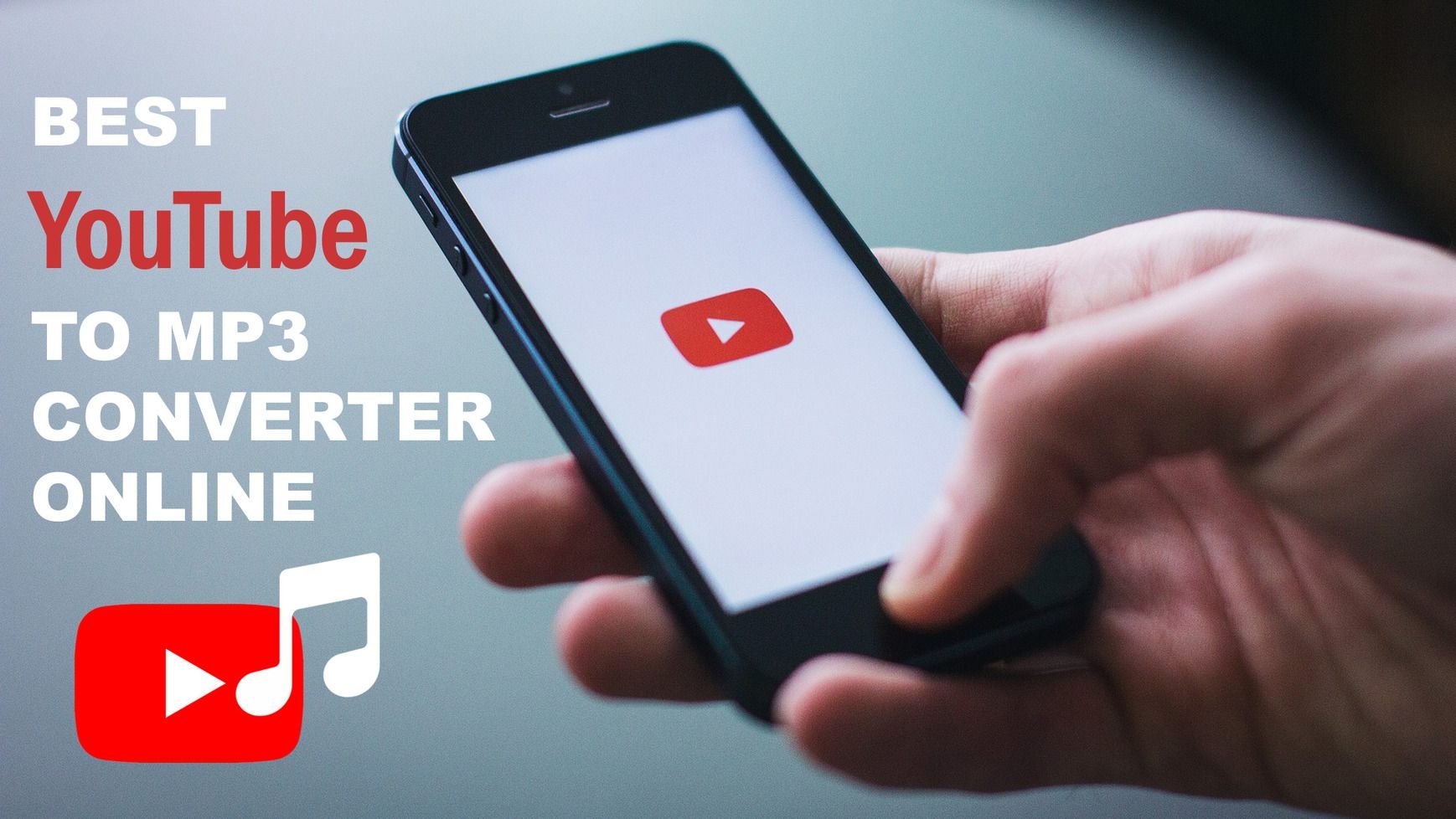Deciphering YouTube to MP3 Converters: A Sonic Evolution in Digital Realm
In the symphony of digital content, YouTube reigns as a premier platform for a myriad of audiovisual experiences, including music. However, the need for convenient, portable access to these auditory delights birthed the era of YouTube to MP3 converters. This article delves into the transformative journey of converting YouTube content into MP3 format, exploring its functionality, ethical considerations, and the impact on music enthusiasts and the digital landscape.
Birth of Audio Extraction Tools
YouTube's vast musical library attracted music enthusiasts seeking an audio-only experience. Fueled by this demand, YouTube to MP3 converters emerged as the bridge between video-centric platforms and the desire for on-the-go, audio-focused consumption.
Technological Evolution and Refinement
The landscape of converters underwent a metamorphosis, evolving from basic tools to sophisticated solutions. Contemporary converters now boast intuitive interfaces, enhanced features like batch processing, customizable output settings, and seamless compatibility across devices, elevating the user experience significantly.
Ethical Quandaries in Digital Audio Extraction
Yet, the convenience of these converters often treads ethical waters. While some users employ them for non-copyrighted or user-generated content, others engage in the unauthorized extraction of copyrighted material. This ethical ambiguity sparks debates surrounding intellectual property rights and the ethics of fair use.
Legal Battles and Copyright Dilemmas
The legality of YouTube to MP3 conversion remains a contentious arena. Instances of copyright infringement have led to legal confrontations, content takedowns, and discussions revolving around the boundaries of fair use. This ongoing struggle underscores the intricate interplay between content creators, rights holders, and converter platforms within the digital copyright landscape.

Revolutionizing Music Consumption Patterns
The advent of YouTube to MP3 converters reshaped how individuals consume music. Enthusiasts harnessed these tools to curate personalized playlists, explore niche tracks, and enjoy uninterrupted audio playback across various platforms. However, this shift posed challenges to traditional revenue models in the music industry, necessitating a reevaluation of distribution strategies and artist compensation.
Striking a Balance between Accessibility and Copyright Integrity
Harmonizing accessibility with copyright compliance remains a pivotal challenge. Efforts are underway to promote legal avenues for music access while safeguarding artists' rights. Platforms are exploring subscription models, forging collaborations with content creators, and enforcing robust copyright policies to ensure fair compensation and legitimate user access youtube to mp3 converter.
Future Trajectory in a Dynamic Digital Soundscape
As technological landscapes evolve, the future of YouTube to MP3 conversion remains dynamic. Advances in streaming services, AI-driven copyright protection mechanisms, and evolving user preferences steer the evolution of these converters. Achieving equilibrium between user convenience and ethical usage will shape the trajectory of these tools in the ever-evolving digital realm.
Conclusion: The evolution of YouTube to MP3 converters signifies a monumental shift in how music enthusiasts engage with their favorite content. While these converters offer unparalleled accessibility, they also raise pertinent ethical questions surrounding copyright and intellectual property rights. Navigating this landscape requires a delicate balance that respects creators' rights while catering to the evolving needs of digital music consumption.
